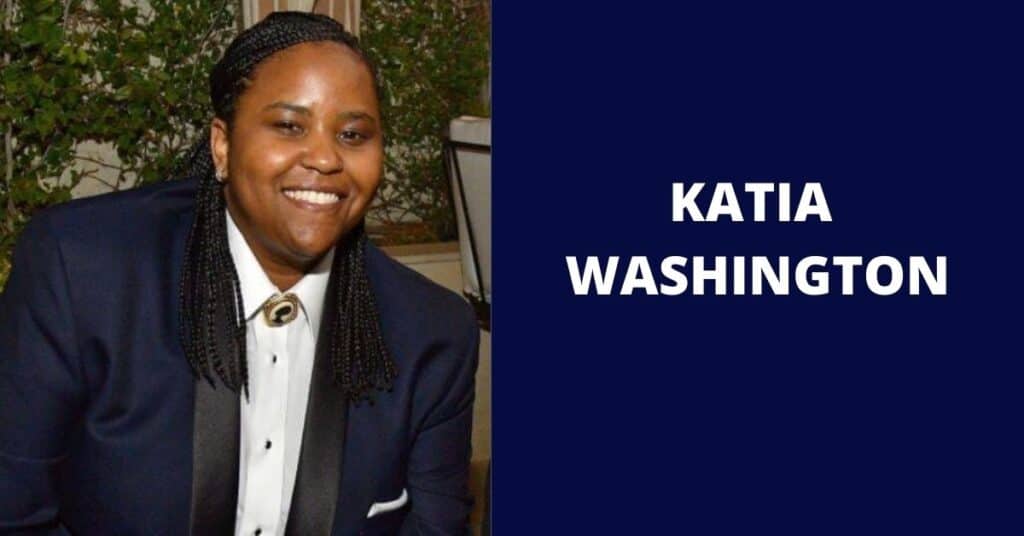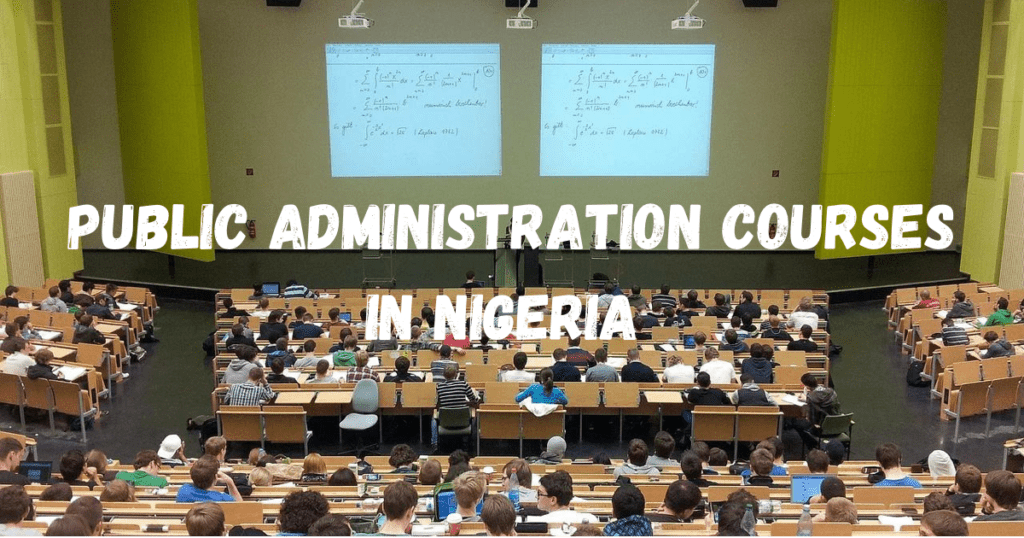Education is a fundamental right and key to the development of any nation. Nigeria’s national policy on education, which has been in place since 1977, is designed to ensure that every Nigerian child receives an education regardless of race, religion, or social standing.
This blog post will explore the goals and objectives of the Nigerian National Policy on Education in detail, as well as how it has impacted the access to and quality of education in Nigeria over the years.
Also, check out The Richest Banks in Nigeria.
We’ll also discuss current initiatives aimed at strengthening the implementation of this policy and improving educational standards across Nigeria.
The current state of education in Nigeria
The current state of education in Nigeria is not up to the standards set by the National Policy on Education. The policy aims to provide quality education for all Nigerians regardless of background, but this is not reflected in the current state of affairs.
There are significant disparities between rich and poor students, with the latter often attending overcrowded and underfunded schools. This has led to a situation where only a small minority of Nigerian students receive a good education.
There are a number of reasons for the current state of Education in Nigeria. One is the high level of corruption in the country, which leads to funds being diverted away from education and into private pockets.
Another reason is the lack of political will to invest in education, with successive governments prioritizing other areas such as infrastructure and security over education. This has meant that there has been little investment in education in recent years, leading to a decline in standards.
The current state of education in Nigeria is having a negative impact on the country as a whole. A lack of skilled workers is hampering economic development, while high levels of illiteracy are holding back social progress.
The situation is also having an impact on Nigeria’s international reputation, with the country often being seen as backward and undeveloped due to its poor educational record.
The current state of education in Nigeria needs to improve if the country is to meet its development goals. Investing in education should be a priority for the government, and efforts need to be made to root
The history of the national policy on education in Nigeria
Nigeria’s national policy on education was first formulated in the early 1970s. The policy has undergone several revisions since then, with the latest revision being completed in 2013.
The original policy was informed by the need to provide access to education for all Nigerians, regardless of social class or region. It also aimed to improve the quality of education in Nigeria.
To achieve these goals, the policy set out a number of specific objectives, including increasing primary school enrollment rates, improving teacher training and educational infrastructure, and expanding access to secondary and tertiary education.
The latest revision of the national policy on education retains these basic goals while also adding a number of new objectives. These include increasing access to early childhood education, improving literacy levels, and promoting vocational and technical training.
The revised policy also places a greater emphasis on the use of technology in education, with a goal of ensuring that all Nigerian students have access to computers and the internet by 2020.
Also, check out Delivery Companies in Nigeria.
The objectives of the national policy on education in Nigeria
The objectives of the national policy on education in Nigeria are to provide free, compulsory, and universal primary education; ensure that all children of school-going age have access to free, qualitative, and functional education; reduce adult illiteracy rate by 50% by the year 2023; and improve the quality of education at all levels.
The implementation of the national policy on education in Nigeria
Since the late 1970s, successive Nigerian governments have been implementing the National Policy on Education (NPE). The policy is aimed at providing access to education for all Nigerians, regardless of background or location.
The NPE has had a significant impact on education in Nigeria. Prior to the policy’s implementation, only around 20% of Nigerians had access to education. However, thanks to the NPE, this figure has now increased to over 60%.
There are a number of reasons why the NPE has been so successful in increasing access to education in Nigeria. Firstly, the policy provides free primary and secondary education for all Nigerians.
Secondly, it has established a number of scholarships and financial assistance programs to help those from low-income families attend school. Finally, the NPE has helped to improve the quality of education in Nigeria by investing in teacher training and infrastructure development.
Despite its successes, there are still some challenges facing the implementation of the NPE. One major challenge is funding; due to Nigeria’s limited resources, it can be difficult to provide enough financial support for all aspects of the policy.
Another challenge is corruption; there have been instances of officials embezzling funds meant for educational purposes. Finally, there is a lack of skilled teachers in Nigeria; many teachers are not properly trained and often rely on rote learning methods instead of more effective teaching strategies.
Despite these challenges, the NPE has made a positive impact on education in Nigeria
The challenges faced in implementing the national policy on education in Nigeria
The National Policy on Education was formulated in 1981 and has since been revised twice, in 1998 and 2013. The policy is aimed at providing access to education for all Nigerians and improving the quality of education in the country.
One of the challenges faced in implementing the policy is the high cost of education. This is especially a problem at the tertiary level, where tuition fees have been rising steadily.
In addition, there are other costs associated with getting an education, such as books, transportation, and food. These costs can make it difficult for people from lower-income families to access education.
Another challenge is that many schools in Nigeria are not up to par with international standards. This means that they do not have adequate facilities or trained teachers. As a result, students are not receiving a quality education.
Lastly, another challenge facing the implementation of the national policy on education is corruption. Corruption is rampant in all levels of government in Nigeria and including the education sector.
There have been reports of government officials pocketing money meant for school renovations or teacher salaries. This has made it difficult to improve the quality of education in Nigeria.
Final Notes on The National Policy on Education in Nigeria
In conclusion, the National Policy on Education in Nigeria is a comprehensive document that outlines the path for educational reform and development in Nigeria. It provides guidance to all stakeholders in education, including government officials, educators, students, and parents.
As this policy takes effect and is implemented across all sectors of Nigerian society, it will enable everyone involved to benefit from a more equitable educational system as well as access to quality education that meets internationally accepted standards.
Before you go, check out All You Need to Know about Exchange Rates.







